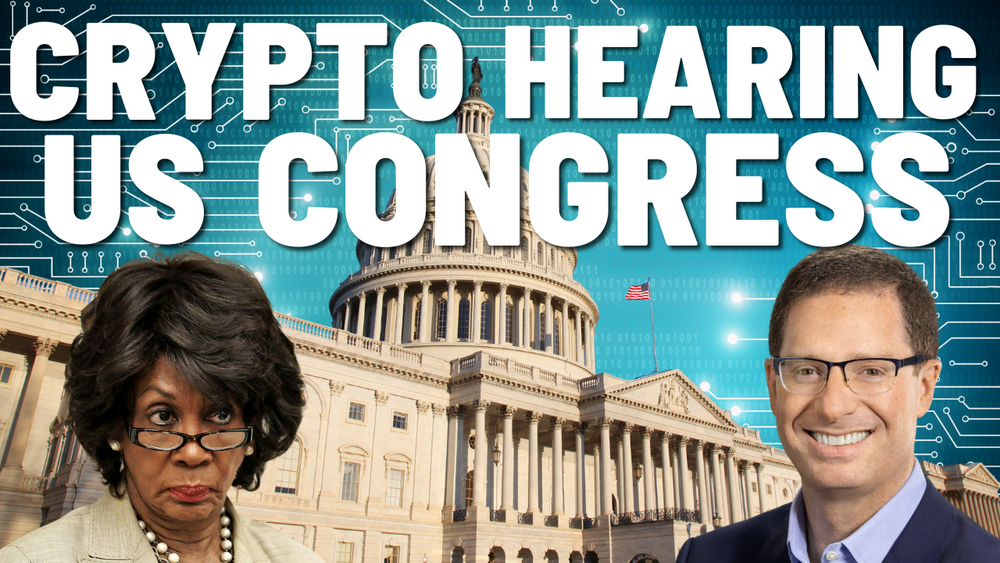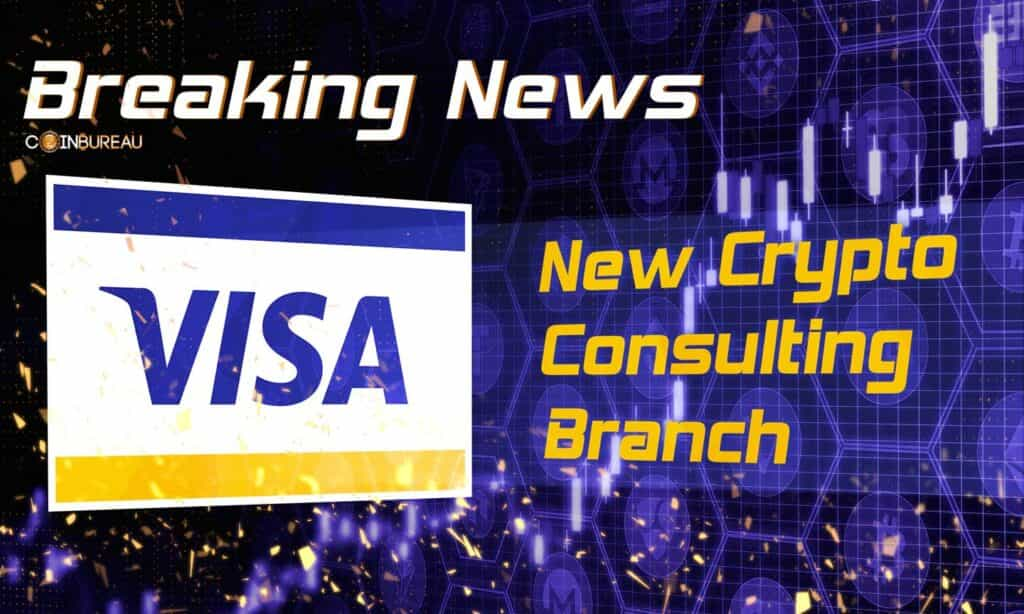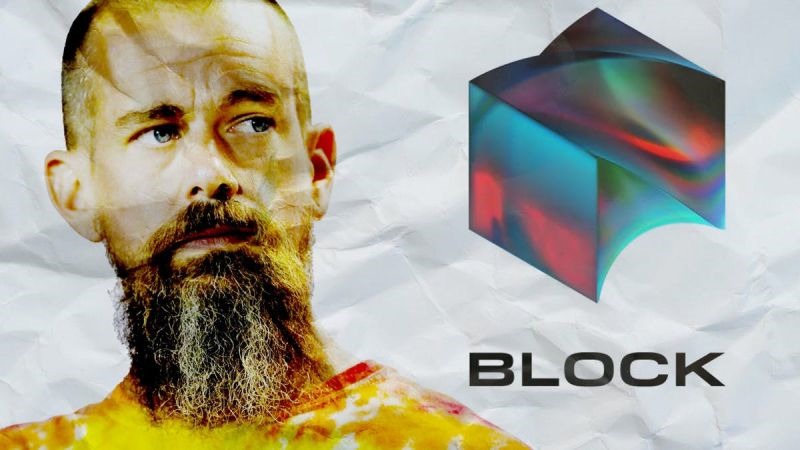
Subscribe to the CryptoWeekly Newsletter
Get the top stories, funding deals, technical analysis, cryptocurrency jobs and much more delivered to your inbox, every Monday morning.

January 03,2022
Square Enix Eyes Decentralized Gaming Growth

December 27,2021
Ripple Closes Out 2021 With ‘Strongest Year To Date’ In Spite of Ongoing Lawsuit

December 27,2021
Senator Lummis Plans to Introduce Clearer Guidelines in 2022 with New Crypto Bill

December 20,2021
The Metaverse Will Be The Next Frontier For Gaming

December 20,2021
‘Global Policy Ought To Be Prioritized Over A Blanket Ban’, Says IMF Chief Economist

December 13,2021
What Happened When Crypto CEOs Met With Congress?

December 13,2021
Stark Ware Just Dropped Game Changing Innovation

December 13,2021
Visa Launches Crypto Consulting Service In Bid For Mainstream Dominance

December 06,2021
Jack Dorsey Rebrands Payments company Square to Block

December 06,2021
VanEck To Launch Digital Asset Mining ETF

November 29,2021
Barbados To Launch Digital Embassy In The Metaverse

November 22,2021